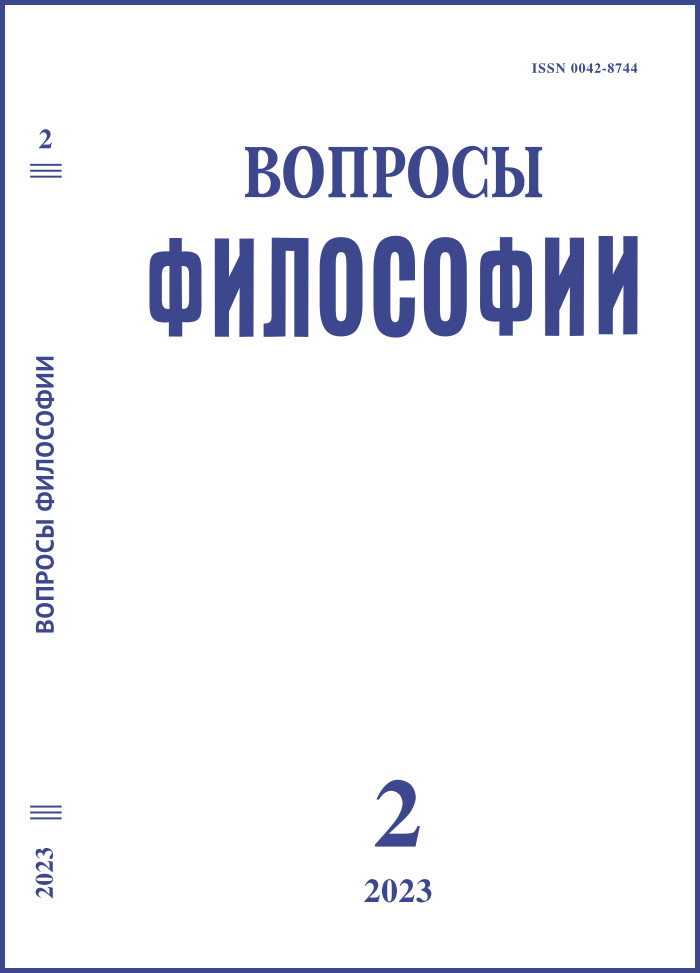Lev Vygotsky’s Theory of Cognition. Vygotsky, Lev S., Psychology and Theory of Cognition, Maidansky, Andrei D., ed.
DOI:
https://doi.org/10.21146/0042-8744-2023-2-42-59Abstract
The article is devoted to the study of L.S. Vygotsky’s manuscript “Psychology and Theory of Cognition” in the context of the development of his methodological and psychological ideas. The original version of the work can be dated with high certainty to 1932. The way of presentation and especially of the final revision was influenced by the ideological campaign that had begun against leading child psychologists, including Vygotsky. He tried to build a defence by quoting copiously from the manuscripts of Lenin and Marx, but interpreting their words in a rather peculiar way. Thus, Vygotsky projects the difference between man and animal, as indicated by Marx, onto the process of mental development of the child. Vygotsky makes the general criterion of this development “the stages of separating the child from reality”, starting with the act of self-awareness and the formation of “undifferentiated notions” about individual things in the surrounding world. Vygotsky recognizes the fundamental compliance of the history of the child’s mental development with the history of human cognition, but with an essential reservation regarding the specificity of the psychological forms in which the child assimilates the cultural heritage. Two alternative solutions to the problem of the child’s mental development are criticized – naturalistic (J. Piaget) and subjectivist (H. Volkelt). In Vygotsky’s cultural and historical concept, the development of thinking is the essentially social process. A child does not spend a minute of his life outside of society; all his cognitive activity and mental development, from beginning to end, proceed under the guidance of other people, according to the norms of the culture in which the child is completely absorbed. Natural mental functions are not supplanted by cultural ones, as Piaget believed, but obey them, switching to cultural (sign-symbolic in their means) modes of work. This “instrumental” part of Vygotsky’s theory, as well as his new doctrine of “dynamic semantic systems”, on which he was working at about the same time, remained behind the scenes in his manuscript; meanwhile, they play an important role in his psychological theory of knowledge. The text of “Psychology and Theory of Cognition” with the publisher’s notes was prepared by A.D. Maidansky. The inserts in square brackets belong to the publisher, the author’s punctuation has been preserved.

